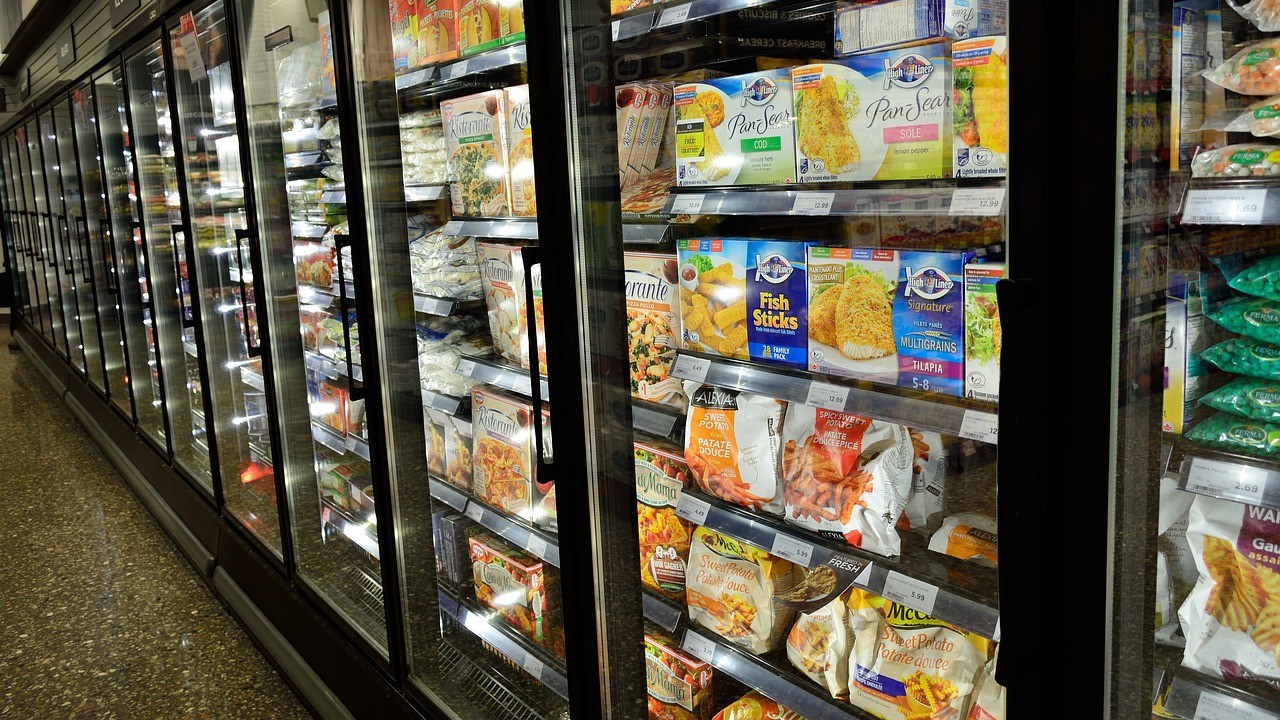Pros and Cons of Glass Door Fridges: Your Detailed Buyer’s Guide
Navigating the world of glass door fridges? This article explores the advantages and drawbacks of these unique refrigerators – from their enhanced visibility and space efficiency to energy concerns and fragility. Learn whether these refrigerators would be a worthwhile addition to your commercial setting.

Glass door fridges, alternatively known as glass display fridges or see-through door fridges, cater to your specific storage and display needs by offering visibility into the stock inside. These refrigerators find use in commercial settings, including retail stores, eateries, restaurant kitchens, and service station garages.
Before investing in a glass door fridge, it’s important to evaluate its pros and cons to make an informed purchase decision.
Pros of Glass Door Fridges
Enhanced Visibility
- The primary advantage of glass door fridges lies in their transparent doors, allowing you to see and access the contents without opening the fridge.
- The visibility promotes efficient energy utilization through reduced door swings, curbing temperature fluctuations.
- It is perfect for retail merchandising and display, boosting impulse purchases by showcasing the products.
Space-Efficiency
- Given that the contents are visible, stock management becomes seamless in limited space, accommodating more products.
- Their space efficiency gains significance in small kitchens, garages, and basements.
Easy Maintenance
- Glass surfaces are easier to maintain than other surfaces.
- You can wipe down smooth glass doors that don’t collect dirt or spills in their seams.
- Their smooth textures do not retain odours.
Cons of Glass Door Fridges
Although glass door fridges come with a handful of benefits, there are a few downsides as well.
Energy Inefficiency
- Glass doors don’t insulate as effectively as solid doors, which may lead to more leakage of cold air and heat intrusion.
- Consequently, the fridge has to work more to retain the desired temperature, leading to increased energy consumption over time.
High Initial Investment
- Generally, glass door refrigerators come with higher upfront costs than traditional refrigerators, given the more expensive materials and manufacturing process.
- This can pose a challenge for budget-constrained consumers.
Fragility
- The glass doors are more susceptible to breakage, necessitating careful handling and routine cleaning.
- These doors may fog up or accumulate dirt quickly, demanding frequent cleaning to maintain their clarity.
To sum up, glass door refrigerators offer the benefits of increased visibility and space efficiency. However, they can exhibit energy inefficiency, additional cost, and fragility compared to regular refrigerators. While the benefits often outweigh the disadvantages in commercial contexts, home applications require careful assessment of individual requirements and priorities.
